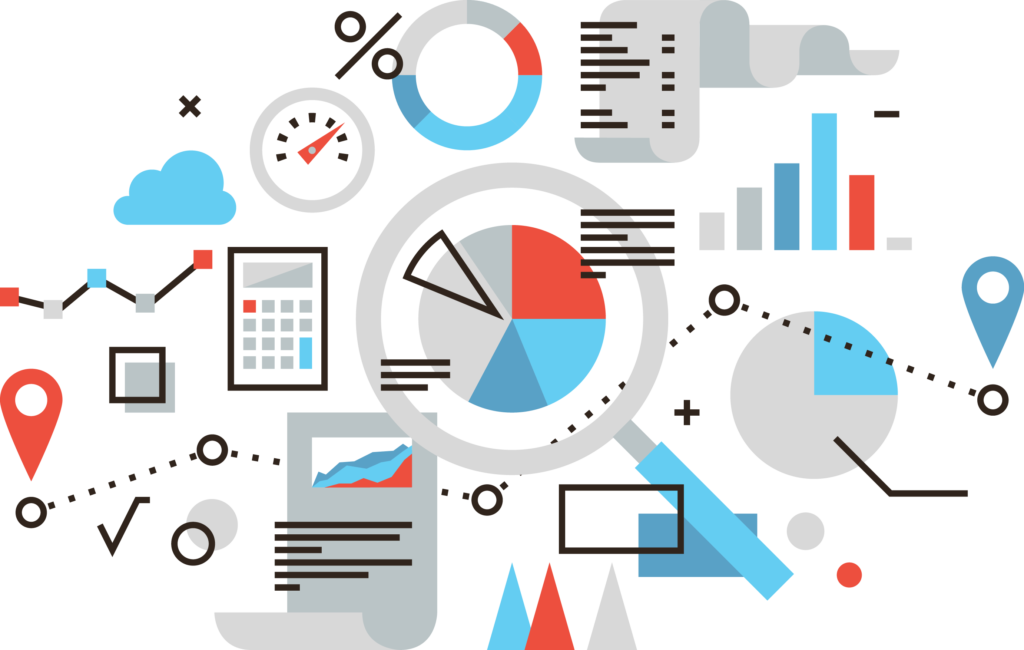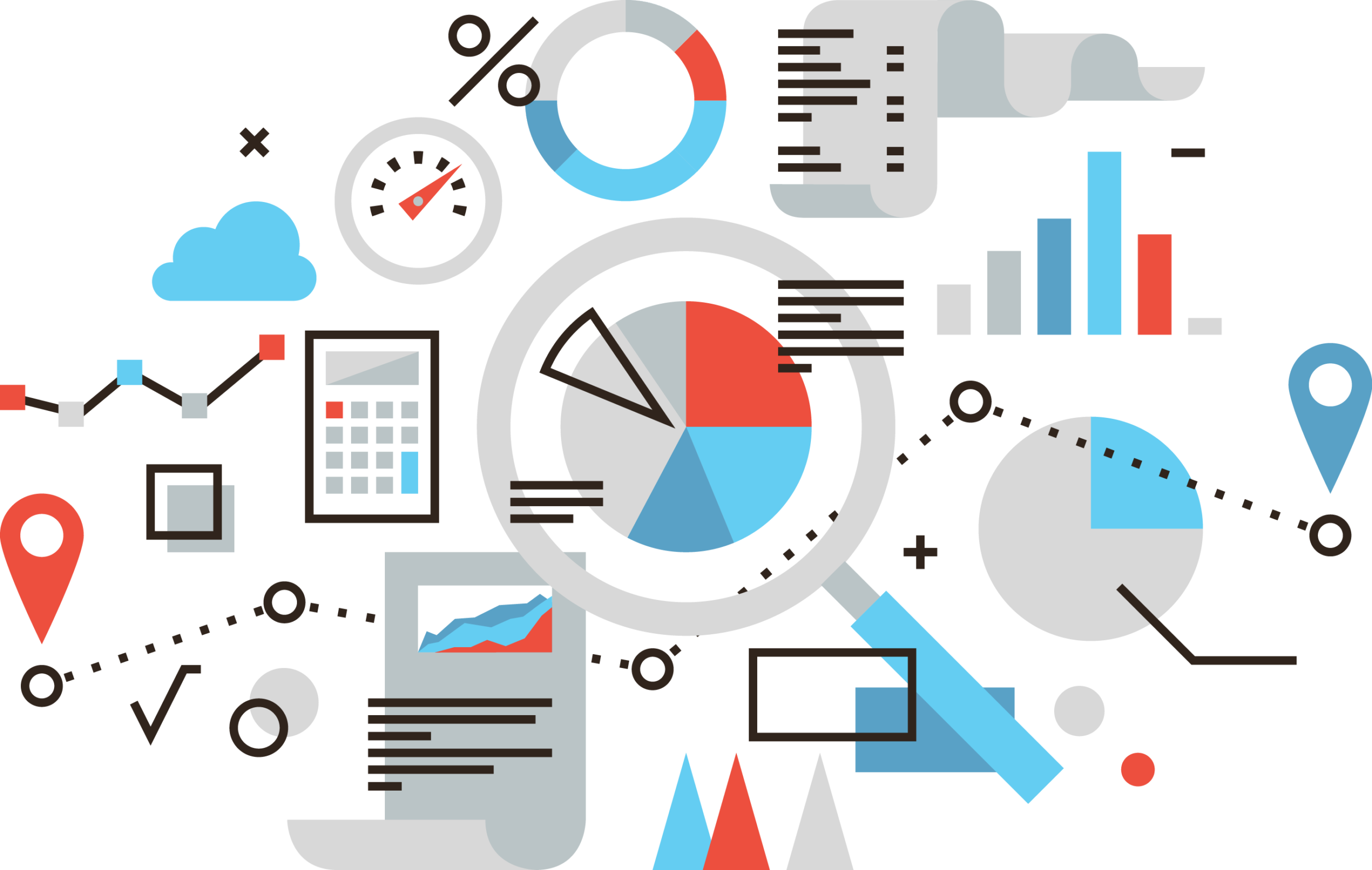After Gartner defined the term “Citizen Data Scientist” since 2016, there are some large corporations implementing their own data services based on the recommendation by Gartner. Nevertheless, it is vital to understand that Citizen Data Scientist should lead a different role compared to Data Scientist and not possible to replace data scientist as “Power User” only.
In this article, I would like to compare & contrast the main difference between these 2 roles.
What does a Citizen Data Scientist do?
Gartner (a research company) has defined the term – Citizen Data Scientist in the article “Citizen Data Science Augments Data Discovery and Simplifies Data Science”. Their definition is “a person who creates or generates models that leverage Predictive or Prescriptive Analytics but whose primary job function is outside of the field of statistics and analytics”. So, they do not have the skills as an analyst or a programmer but applying predictive analytics with the right tools. In recent years, there are many advanced analytic and BI tools providing excellent user interface to allow people to do analysis without advanced technical skills. They can only preform on the data being well prepared, data in predefined scope and after cleansing.
What do data scientists work on?
However, citizen data scientists should not able to replace a data scientist. In the list below, the basic responsibilities are being shown:
- Identify valuable data sources and automate collection processes
- Undertake preprocessing of structured and unstructured data
- Analyze large amounts of information to discover trends and patterns
- Build predictive models and machine-learning algorithms
- Combine models through ensemble modeling
- Present Information using data visualization tools
- Propose solutions and strategies to business challenges
- Collaborate with engineering and product development team
They are handling all possible problems and issues during the whole processes of data analytics.
Further, it is vital to understand the different requirements for a citizen data scientist and a data scientist. In table 1, there is a table to list out the basic job requirements for them respectively.

Requirements for a Citizen Data Scientist Versus Data Scientist
Table 1: Requirement Comparison Table
| Citizen Data Scientist | Data Scientist |
| Proven experience in business operation in a particular industry | Proven experience as a Data Scientist or Data Analyst |
| Experience in Excel, Charting or user-experience in BI Tools | Experience in data mining |
| Training on BI Tools and Advanced Analytic tools to perform data analysis and advanced data analytics (some tools are able to do advanced data analytics or even machine learning without any programming) | Understanding of machine-learning and operations research |
| Knowledge in statistics, data analysis, etc. | Knowledge of R, SQL and Python; familiarity with Scala, Java or C++ is an asset |
| Excellent communication skills | Experience using business intelligence tools (e.g. Tableau) and data frameworks (e.g. Hadoop) |
| Logical thinking and mindset | Analytical mind and business acumen
Strong math skills (e.g. statistics, algebra) |
| Problem-solving aptitude | |
| Excellent communication and presentation skills | |
| BSc/BA in Computer Science, Engineering or relevant field; graduate degree in Data Science or other quantitative field is preferred |
Conclusion
Citizen Data Scientists/Citizen Analysts play a crucial role in day-to-day analysis and decision-making, using Self-Serve Business Intelligence Tools. It is possible to have a data science consultant to provide additional support to ensure analytic tasks are properly implemented. However, if the company is not able to afford a full-time data scientist, it is possible to hire a 3rd party consultant
Samuel Sum
Data Science Evangelist (CDS, SDi)
Vice President (AS)

